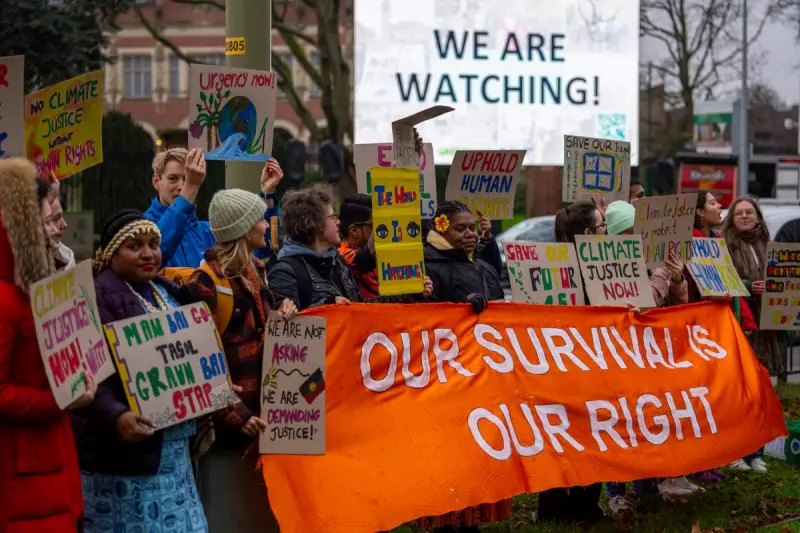
In a historic move that could redefine international climate policy, the United Nations General Assembly has overwhelmingly approved a resolution requesting the International Court of Justice (ICJ) to clarify nations' legal responsibilities in addressing climate change.
A Watershed Moment for Climate Justice
The resolution, championed by Pacific island nation Vanuatu and co-sponsored by over 130 countries, passed with 120 votes in favour at the UN headquarters in New York. Only eight nations opposed the measure, while 52 abstained from voting.
What the ICJ Will Examine
The world court will specifically address:
- Legal obligations of states to protect climate systems for present and future generations
- Consequences under international law when states cause significant harm to the climate
- Particular implications for vulnerable small island nations facing existential threats
Why This Matters
This advisory opinion could become the most significant legal development since the Paris Agreement, potentially establishing new benchmarks for climate action under international law. While not legally binding, such opinions carry substantial moral and political weight.
"This is about survival," said Vanuatu's Prime Minister Ishmael Kalsakau, whose nation faces rising sea levels that could submerge much of its territory. "We're not asking the court to solve climate change, but to clarify the legal framework within which we must operate."
Mixed Reactions from Major Powers
The United States and China – the world's top two carbon emitters – both expressed reservations about the initiative, though neither actively blocked the resolution. Some developed nations worry the opinion could lead to increased legal liability for historical emissions.
What Happens Next
The ICJ process is expected to take approximately 18 months, with written submissions from member states and oral hearings at The Hague. Environmental lawyers suggest the court's opinion could:
- Strengthen the legal basis for climate lawsuits against governments
- Influence national climate policies and legislation
- Provide leverage for vulnerable nations in international negotiations
Legal experts note this development comes as climate litigation surges globally, with over 2,000 cases now filed worldwide – double the number from five years ago.





